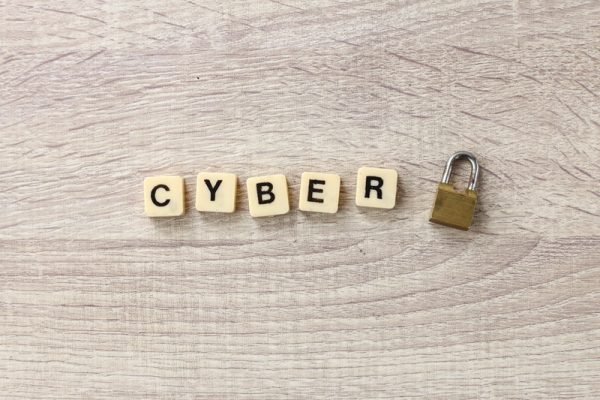
Cyber Necessities vs ISO 27001: Key Variations
- By aya
Last updated on January 5th, 2025
Introduction
Cybersecurity is vital in today’s digital landscape. Organizations must adopt robust frameworks to protect sensitive data, maintain trust, and comply with regulations. Two popular cybersecurity standards are Cyber Essentials and ISO 27001. While both aim to defend against cyber threats, they differ in scope, complexity, and implementation. This article explores the key differences between Cyber Essentials and ISO 27001, helping you determine which framework suits your organization’s needs.
1. Overview of Cyber Essentials and ISO 27001
Cyber Essentials: A UK government-backed certification, Cyber Essentials helps organizations protect themselves from common cyber threats. This basic, entry-level certification focuses on five key controls, including secure configurations, firewalls, access control, malware protection, and patch management. It’s ideal for small to medium-sized organizations building their security foundation.
ISO 27001: An international standard for information security management systems (ISMS), ISO 27001 is more comprehensive. It outlines the requirements for creating, implementing, and maintaining an information security management system. ISO 27001 is suitable for larger organizations aiming for global recognition and aligning security with business goals.
Practical Implications: Organizations new to cybersecurity or needing quick, basic protection may choose Cyber Essentials. ISO 27001 suits businesses seeking in-depth, long-term security solutions.
2. Scope and Complexity
Cyber Essentials: This framework focuses on fundamental cybersecurity hygiene, addressing common vulnerabilities. It’s straightforward and resource-efficient, ideal for smaller organizations or those new to cybersecurity. Cyber Essentials involves five essential controls that protect against basic threats like malware and unauthorized access.
ISO 27001: This framework is broader and more detailed. It requires risk management, policies, and continuous improvement. ISO 27001 includes a formal risk assessment process and covers areas like governance, incident response, and supplier relationships. Implementing ISO 27001 requires more resources and expertise.
Practical Implications: Cyber Essentials is manageable for smaller businesses with simpler cybersecurity needs. ISO 27001 is a better fit for larger organizations with complex security demands.
3. Focus on Risk Management
Cyber Essentials: Cyber Essentials addresses common cyber threats but lacks a formal risk management process. It offers basic controls but doesn’t require businesses to assess or prioritize security risks tailored to their environment.
ISO 27001: ISO 27001 uses a risk-based approach. It requires organizations to assess risks, identify vulnerabilities, and apply appropriate controls. Ongoing risk assessments ensure security remains aligned with emerging threats.
Practical Implications: ISO 27001 is ideal for organizations seeking a systematic, structured approach to risk management. Cyber Essentials suits businesses with simpler needs.
4. Certification Process and Maintenance
Cyber Essentials: The certification process is quick and straightforward, taking just a few weeks. Organizations complete a self-assessment or undergo an external review. The certification is valid for one year, with annual renewals required.
ISO 27001: ISO 27001 requires a formal audit and comprehensive review, often taking several months. Certification is valid for three years, with annual audits to ensure compliance. Ongoing monitoring, internal audits, and system updates are also required.
Practical Implications: Cyber Essentials offers a faster, easier route to certification. ISO 27001 requires more time and effort but provides a comprehensive, long-term cybersecurity solution.
5. International Recognition
Cyber Essentials: Primarily recognized in the UK, Cyber Essentials is ideal for organizations working with the UK government or public sector. It is less known globally.
ISO 27001: ISO 27001 is an internationally recognized standard. It’s accepted across industries and countries, making it a preferred choice for organizations with global operations or clients.
Practical Implications: For businesses expanding globally, ISO 27001 offers international recognition. Cyber Essentials is more suitable for organizations operating within the UK.
Conclusion
Cyber Essentials and ISO 27001 both play crucial roles in cybersecurity. Cyber Essentials is perfect for smaller organizations or those new to cybersecurity, offering a straightforward approach. ISO 27001, with its comprehensive, risk-based framework, is suited for larger, more complex organizations. Understanding the differences between these two frameworks will help you make an informed decision that best fits your organization’s cybersecurity needs.
